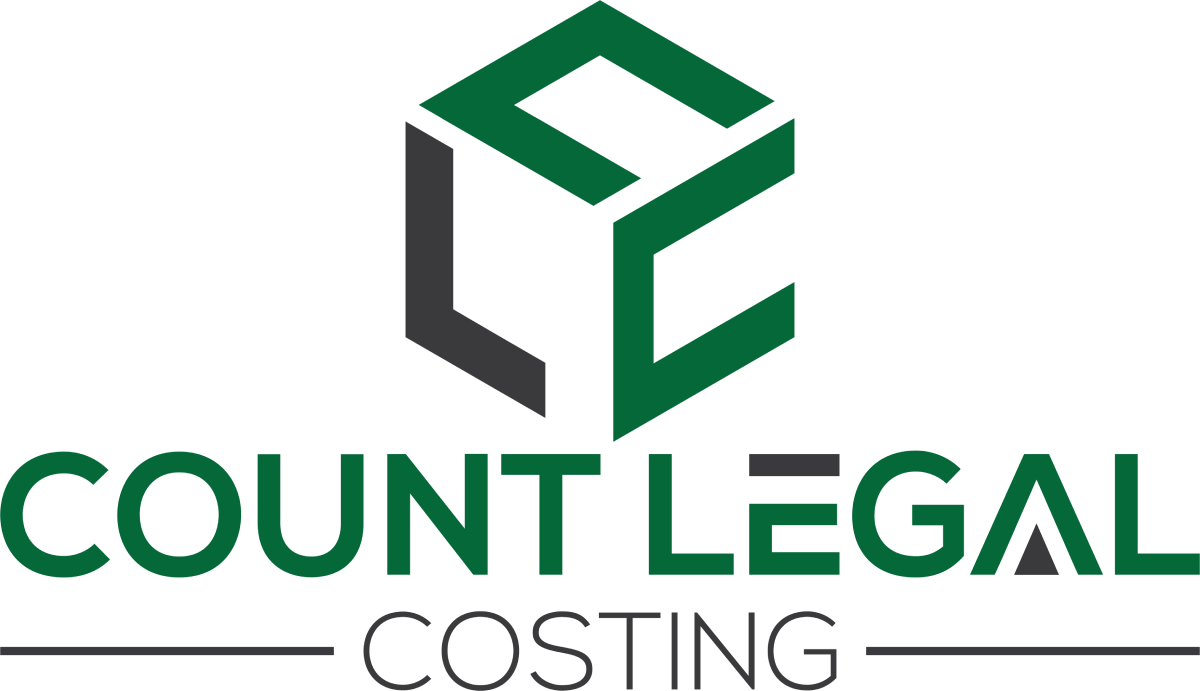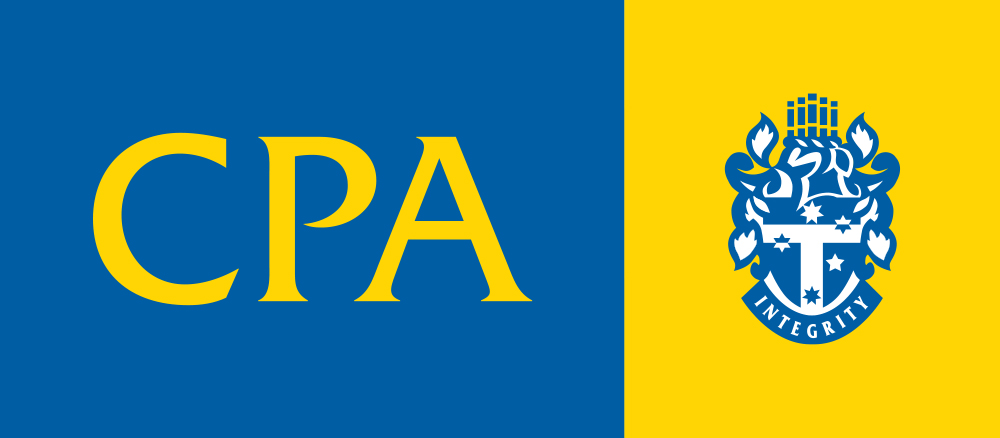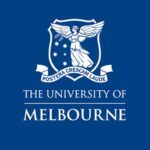

Count Legal Costing is a CPA Practice
Liability limited by a scheme approved under Professional Standards Legislation

LITIGATION COSTING
- Assessments
- Bill of Costs/Costs Statements
- Negotiation
- Objections/Responses
- Mediation/Settlement
- Taxation/Costs Assessments
- Expert Reports


COMPANY DEREGISTRATIONS
We assist with Voluntary Company Deregisterations under section 601AA of the Corporations Act.
This requires:
- all shareholders to agree
- company assets worth less than $1,000
- company has paid all fees and penalties
- company has no outstanding liabilities
- company is not a party to any legal proceedings
We can assist with sale of your deregistering company:
- receive money for your shares
- save you cost of preparing financial accounts, tax returns and other compliance
- help recover any prepaid costs to your accountant / tax agent for work not as yet done
- new owners to change business name of your company
- all at No Cost to You
See FAQ for more details
Book a Phone Call
Or Email Us


D.....A.....V.....I.....D..... B.....A.....R.....R.....O.....W.....
CPA Accountant and Lawyer


University Of Melbourne
Bachelor of Commerce (Hons)
RMIT University
Juris Doctor, Law degree
Frequently Asked Questions
A voluntarily deregistering company must have nett assets of less than $1,000, so this naturally limits the value of a share sale.
However, the assistance with taking over the preparation and cost of the financial accounts, tax returns and all other compliance can be significant, as you will know from the company’s previous accountant and tax agent bills.
Where the company has already prepaid costs to your accountant / tax agent for work not as yet done, there will also be the value of recovering this prepaid money.
If your company is still eligible for a legacy 2020 Cash Flow Boost covid support grant, $10,000 could be paid for your shares so that you recover value for your company’s Cash Flow Boost eligibility.
We will take you clearly, step by step, through the process.
A draft Heads of Agreement is available for perusal.
The terms encompass:
- amount for sale of shares
- timing of sale
- your assistance providing the potential new owners with due diligence access to your company information
- your assistance providing information for new owner preparation of financial accounts, tax returns and other compliance
- authority for us to also deal with your accountant and tax agent to obtain this information
- authority for us to stop the company voluntary deregistration
- new owners will be responsible for signing off on financial accounts, tax returns and other compliance after the company sale
- warranty that nett assets of company are less than $1,000, and there are no unpaid liabilities, fees or penalties
- warranty there are no unpaid employee entitlements for which current directors of your company have any personal liability
- new owners will change the business name of the company
There is No Charge to You for the sale of your shares, or for any assistance in preparing the financial accounts, tax returns and other company compliance.
We only charge the potential new owner of your company.
Book a no-cost Phone Call consultation to confidentially discuss your company situation.
The next step will then be a Heads of Agreement.